Creating Music Without Limits: The Benefits of Outdoor Music for People With Disabilities - Accessible, Inclusive Play
Music is universal;
it doesn’t differentiate between
language or abilities or age.
However, playgrounds and outdoor spaces for children might. Many are designed for active kids who are jumping, running, and climbing. This can make it difficult for kids of other abilities to join in the fun. Musical instruments provide an alternative solution. They are for everyone, everywhere.
Musical instruments are a leveler between different abilities. They enable children with a disability to participate with those who are able-bodied. In fact, music therapy has proven effective in helping children with conditions such as autism, Asperger’s syndrome and those who have diminished social skills to participate in play and be more engaged.
Music and children with autism
Autism is a condition defined by an individual’s inability to communicate and interact with others. Playing musical instruments stimulates the autistic brain to make new connections and strengthen existing ones resulting in improved mental health and cognitive ability.
Music is well-suited to the needs of autistic children because it captures and maintains their attention in ways that other mediums do not. Playing musical instruments assists the child to participate in socially acceptable ways and helps to reinforce desired responses.
For children with autism, exposure to music and musical instruments helps:
- Improve communication
- Develop social skills (such as greeting, taking turns and eye contact)
- Develop both fine and gross motor skills
- Sensory regulation (the use of rhythm and instrument play can help a child feel organized and grounded)
Percussion Play’s Duo, for example, is particularly beneficial for those with autism because the instrument allows for close social interaction without forcing close physical proximity. Children can interact with each other in a safe space without the need for direct eye contact.
Music and children with developmental disabilities
Developmental disabilities are “severe, long-term problems” and can be physical or mental, sometimes both.
Pentatonic instruments are particularly suited to those with developmental delays as the notes of the pentatonic scale all sound good together. This makes it easy to improvise and create music that is pleasing to the ear. The satisfaction this brings means that those who may struggle to succeed in other areas of their life find they can succeed with music.
Music and children with Special Educational Needs (SEN)
For children with SEN, music teaches a whole range of skills and social behaviors in a natural and non-threatening way. It gives children a safe way to experiment with self-expression, the ability to express emotions, develop a sense of rhythm, develop communication skills and benefit from auditory and tactile stimulation.
Musical instruments, which are often visually varied with different shapes and forms, can be invaluable for those with difficulties in hearing, seeing, moving, thinking or responding; each can experience the music in his or her own unique way.
Children’s Healing Center, Grand Rapids, MI,
...is a year-round recreational center for children who have weakened immune systems. The Center built an outdoor garden to give children who may not otherwise have the opportunity to go outside and play a place to interact, form friendships and bond. Percussion Play musical instruments, including the Babel drum, Duo and Tubular Bells, were chosen because they enabled multiple children the chance to play together at the same time adding to the garden’s accessibility and interactivity. Easy to clean and maintain stainless steel and aluminum musical instruments provide safe, clean play for children with compromised immune systems – and the children love them, too.
Music and children using mobility devices
Outdoor musical instruments can be set up to be easily accessible. For instance, the musical gardens we create are spread out within the setting so that a child in a wheelchair has plenty of space to maneuver. Some of the outdoor musical instruments we produce, such as the Akadinda, have been designed specifically to accommodate wheelchair users and those who have reduced mobility.
Ergonomically designed percussion instruments can motivate a child with mobility problems to expand the range of his or her movements to attain more sounds. Because the instruments are accessible, they can be played with very simple movements and are specially designed to have angles that maximize the ease of play for those in wheelchairs.
Outdoor musical instruments for accessibility
Outdoor musical instruments facilitate social interaction because they are colorful, visually stimulating, and encourage spontaneity in those who play them. There are no difficult movements required to play them and they can be easily accessed by those with physical impairments. Because the beaters are attached to the Percussion Play instruments, they can be played instantly so there is no delayed gratification. This means that those with sensory processing disorder, developmental disabilities and SEN do not feel frustrated when making music.
International Day of People with Disabilities
To celebrate International Day of People with Disabilities on December 3rd, Percussion Play highlighted the benefits of music, particularly outdoor music, for people with both physical and mental disabilities.
Outdoor musical instruments are helping people with physical disabilities to create music without limits and installing these instruments in an accessible, open, outdoor setting, helps to reduce the many obstacles people with physical disabilities face in their daily lives.
As well as improving access, playing outdoor musical instruments has been proven to induce multiple responses – physiological, movement, mood, emotional, cognitive, and behavioral; there are very few other stimuli that have such a profound positive impact on such a wide range of human functions and emotions.
Playing outdoor musical instruments enables children to improve their gross motor skills because they are encouraged to use full-body movements.
When playing larger instruments there is a positive impact on core stability. The right side of our brain controls the muscles on the left side of our bodies and the left side of the brain controls the muscles on the right side of our bodies. When we cross our midline with our arms or legs, we boost communication between the two hemispheres of our brains. For children to become confident with movements that cross the midline, we need to encourage the brain's two hemispheres to work together.
Playing outdoor musical instruments also encourages the use of fine motor skills and improves hand-eye coordination as the child has to hold a beater or mallet and hit the instrument in a specific place to make a sound.
Children who have a disability that impacts their education, often find it difficult to engage in a classroom setting but being able to create music outside can help children with learning difficulties engage and enjoy lessons.
Having large, brightly colored outdoor instruments which vary in shape and are visually varied can encourage children with learning difficulties to engage and explore whilst promoting imagination.
Percussion Play is the world-leading manufacturer of outdoor musical instruments and is seeing an ever-increasing interest in their inclusive outdoor instruments, with record sales this year.
Percussion Play has created a range of beautiful outdoor musical instruments which are played across the world’s schools, libraries, parks, hospitals, and senior living communities. From the popular Calypso Chimes to the Harmony Flowers., Percussion Play’s instruments are designed to bring people together to create uplifting music.
Jody Ashfield, Founder and CEO of Percussion Play said: “We are proud to recognize and support this year’s International Day of People with Disabilities. Percussion Play supports the 2021 campaign of ‘Fighting for rights in the post-COVID era’ and hopes to encourage everyone to be able to create music without limits. We hope our accessible outdoor instruments can help remove barriers for people who live with disabilities and help encourage more people to create and enjoy music in the great outdoors”.
You can read more research on the benefits of music for those with disabilities here.

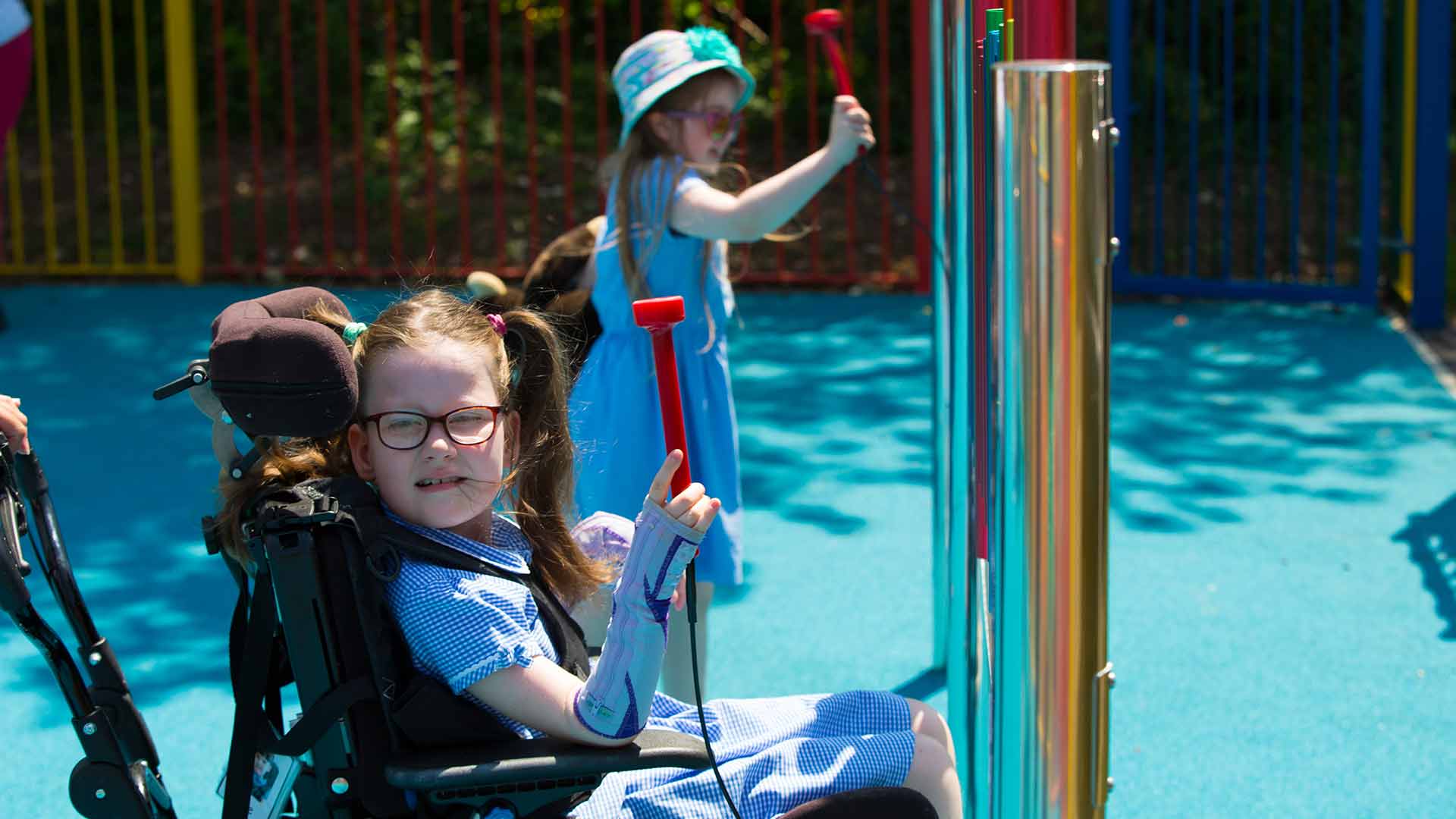
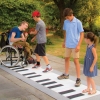

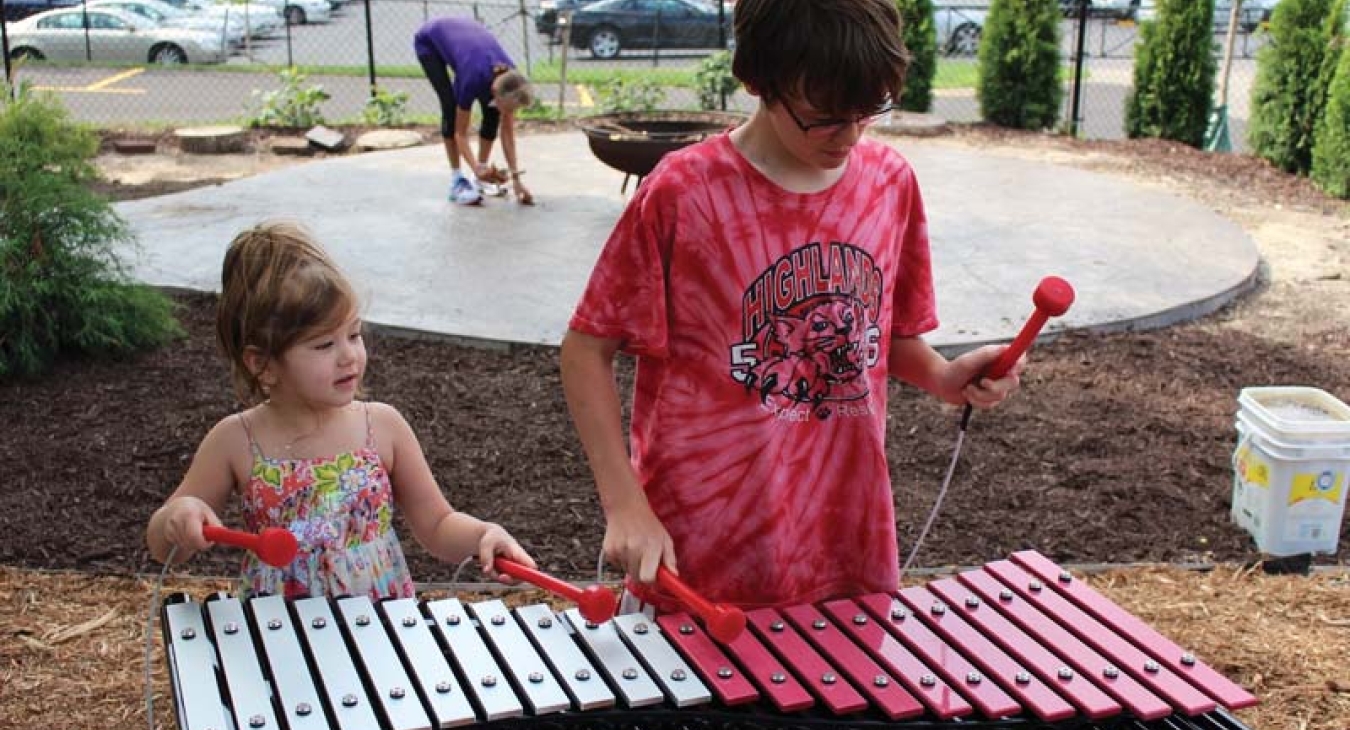
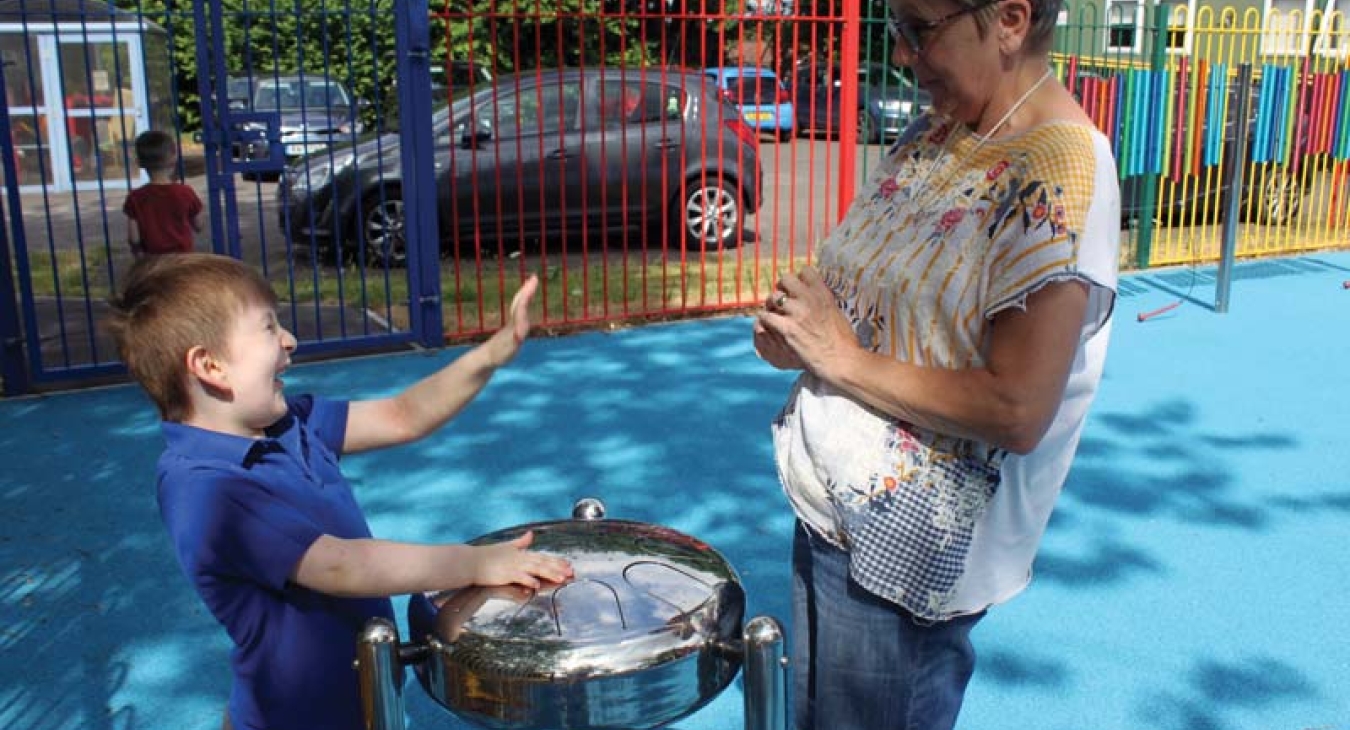
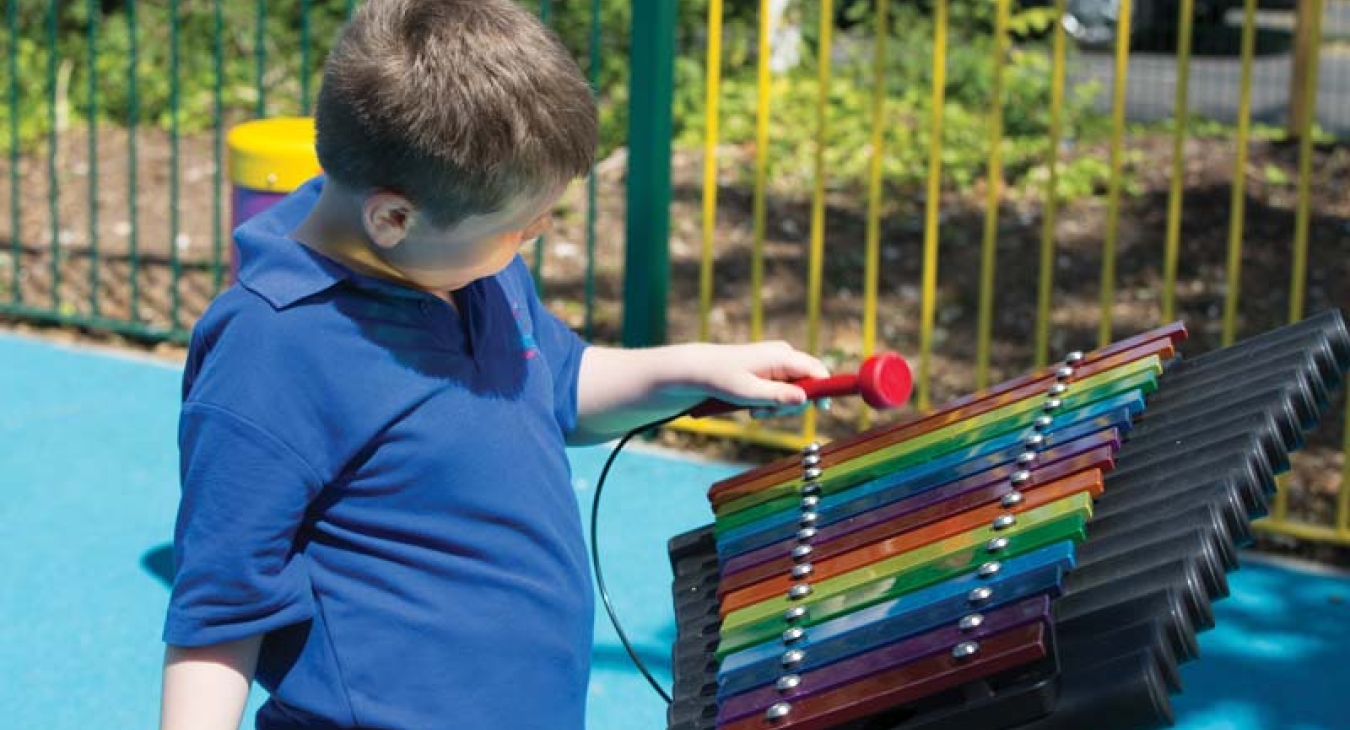
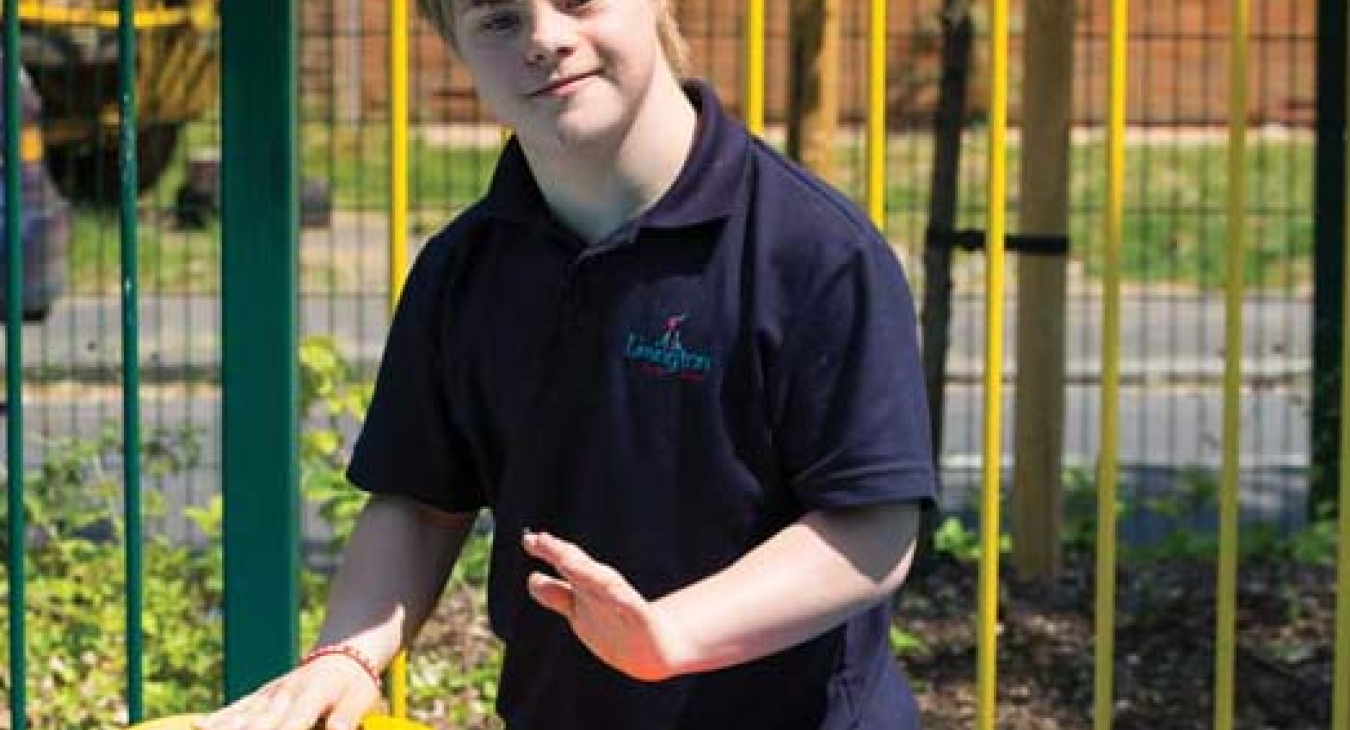
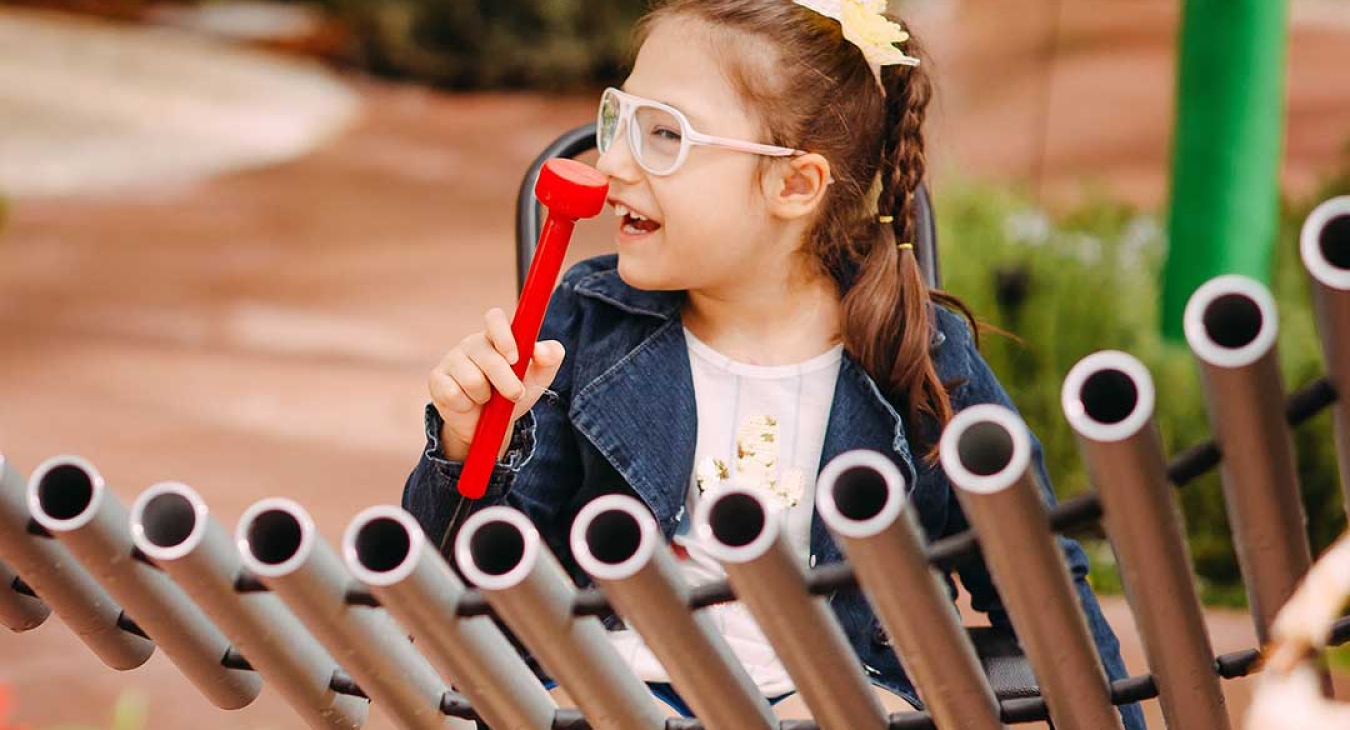
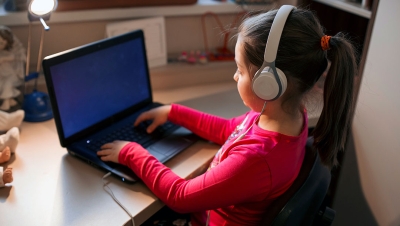
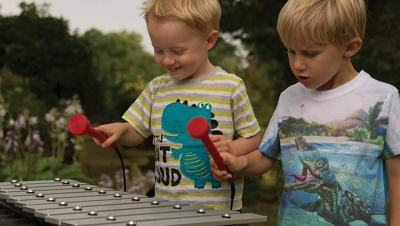

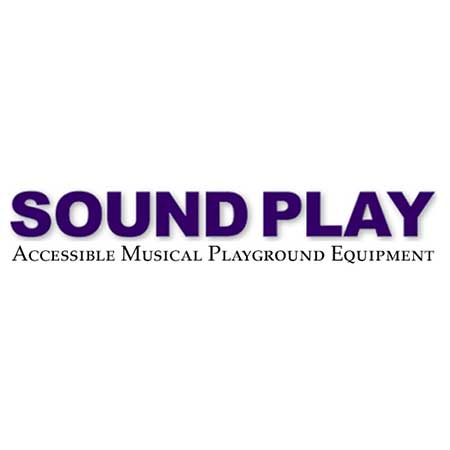

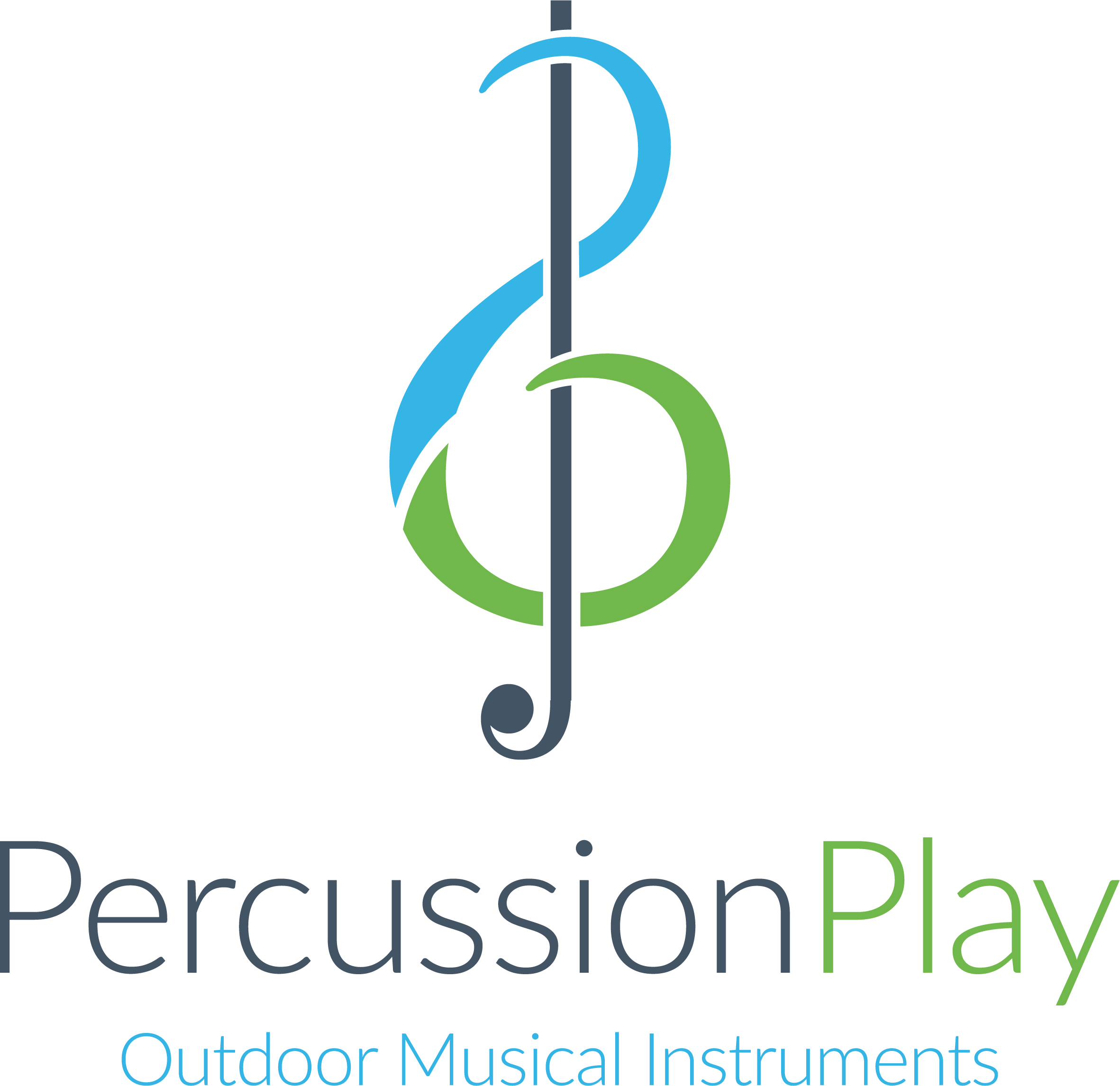


Outdoor instruments
We have the Freenotes Harmony Park instruments and have noticed the increase in families with disabilities that have used them since adding them to our park 3 years ago. They are also pentatonic, and we're very pleased with the quality and durability!
Add new comment